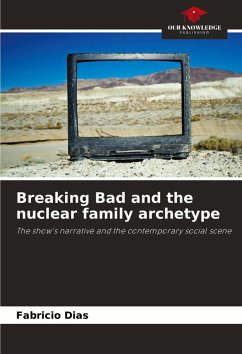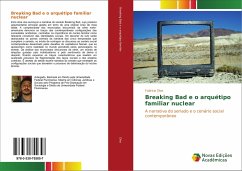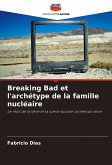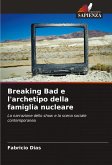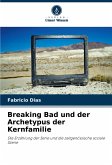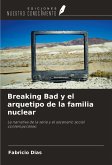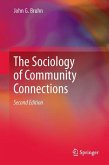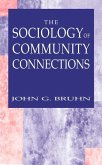This work aims to scrutinize the narrative of the TV series Breaking Bad, whose main argumentative pretext revolves around an original mid-life crisis. The complexity of the discursive enunciations of the American series denounces the traces of the contemporary configurations of Western societies, centered on the importance of the family nucleus as a relevant builder of social identities. Throughout the book, the central points of the narrative of the five seasons that make up the series will be highlighted, with the aim of contrasting the discourses with the contemporary social scenario designed by the challenges of flexible capitalism, which present themselves as a reality in the world perceived by the characters in the plot. From the analysis of the discursive statements in the series, a world of relationships guided by individualism and a sense of drift is stripped away, exposing the characteristic traits that reveal an accelerated process of fragmentation of social ties and collective projects. It is through the detailed narrative examination of the series that the social configurations that reveal the process of deterioration of the family nucleus emerge.
Bitte wählen Sie Ihr Anliegen aus.
Rechnungen
Retourenschein anfordern
Bestellstatus
Storno

